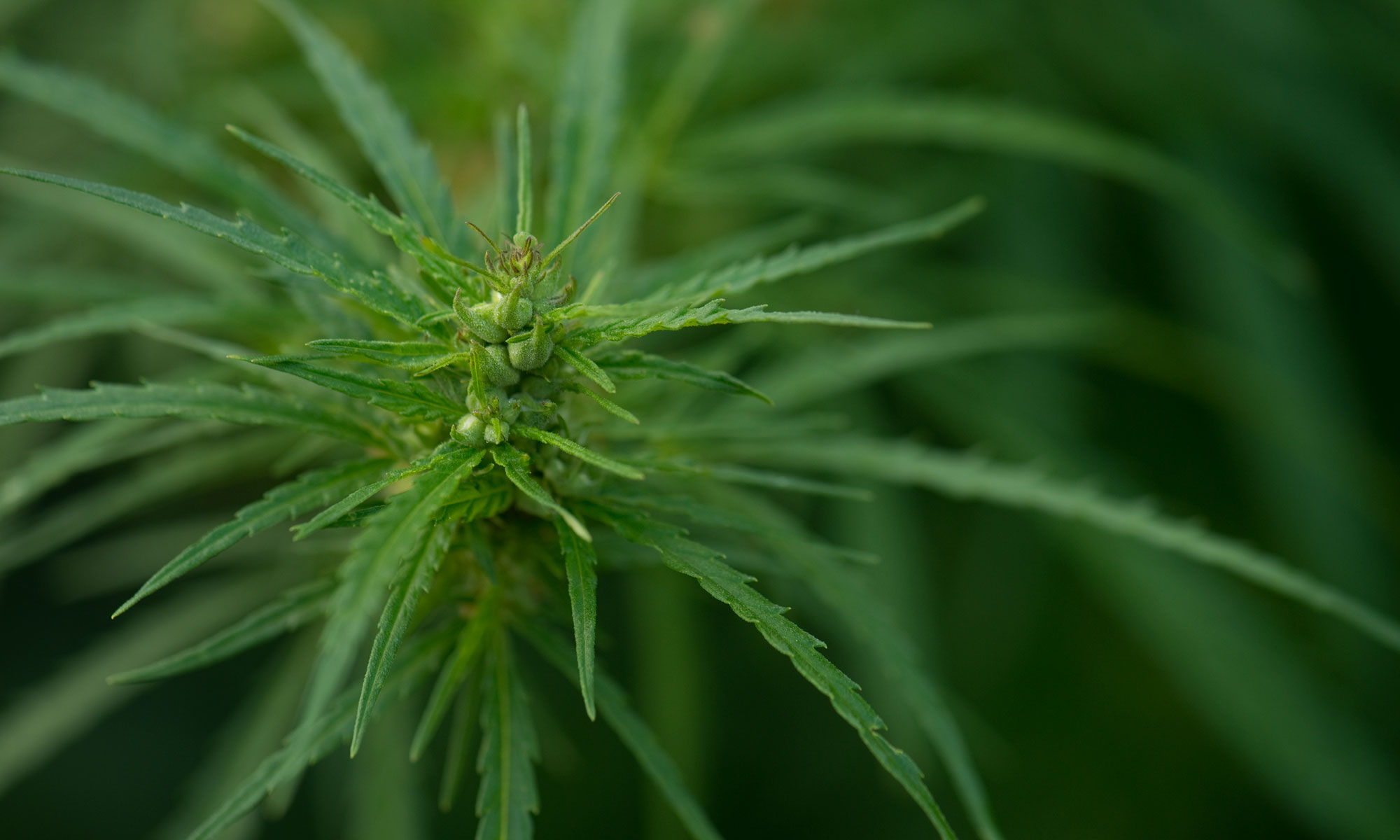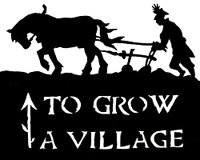Because hemp is a valuable crop, it does not require huge landholdings to reflect relatively high potential value in the context of the small Polish farm. Existing property/buildings are sufficient for the production/storage of basic hemp products envisioned. Rural authorities think mainly about economic development but few have come up with creative or innovative ideas for maximizing the potential at hand. Poland is a proven agricultural exporter (among the top 3 growers and exporters of apples in the world, for example).
Action points
- Take the case for growing hemp to local farmers through educational outreach, support in the licensing process, contracts:
– delineate the benefits
– well-developed $ inducement plan
– grower workshops/seminars
– assistance obtaining permits
– assistance in financial planning
– assistance interfacing with EU (regulation, funds) - Attract investment for processing/production infrastructure (local factories).
- Follow the “green,” time-honored traditions of Polish farming – fundamentally “ecological” in its nature
- Develop low-tech processing and manufacturing facilities at local level.
- Begin with simple products – raw material, animal bedding, insulation, building materials.
- Enlist local government officials to back area-wide initiatives
- Anticipate growing markets, especially for green building materials
- EU export potential
- Spur investor/entrepreneur matchmaking.
- Low financial barrier to entry (labor costs low, etc.)
- Processing/manufacturing facility “on-site”
- Close cooperation with local government
- Aggressive media and media relations; marketing; sales
- Launch via private funding; bootstrapping
- Perfect fit for the the Polish “Rural Development Programme 2014-20” (Euro 8.6 billion in EU funds; Euro 4.9 billion in national support; approved 11.12.2014)

